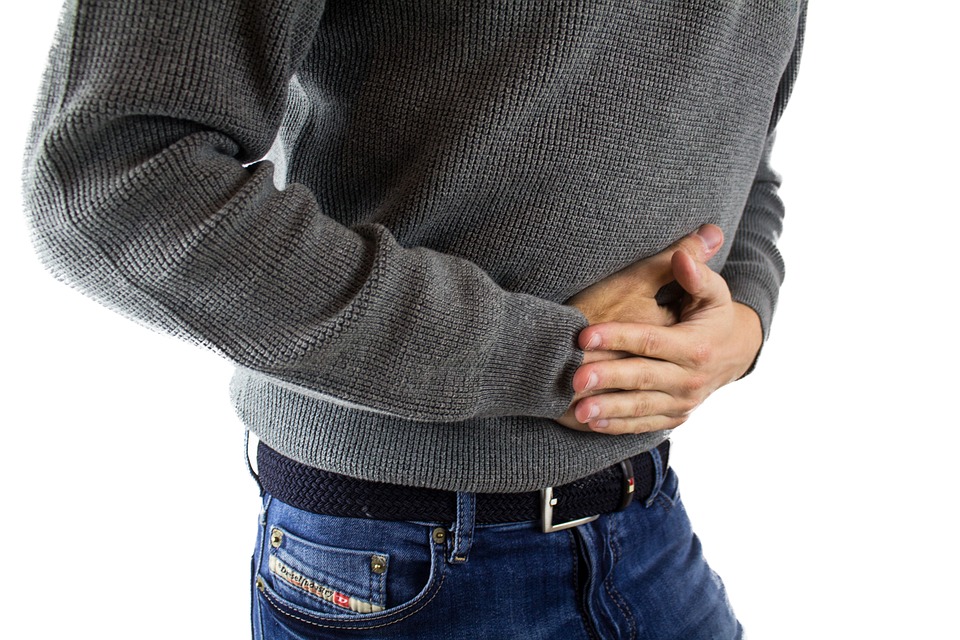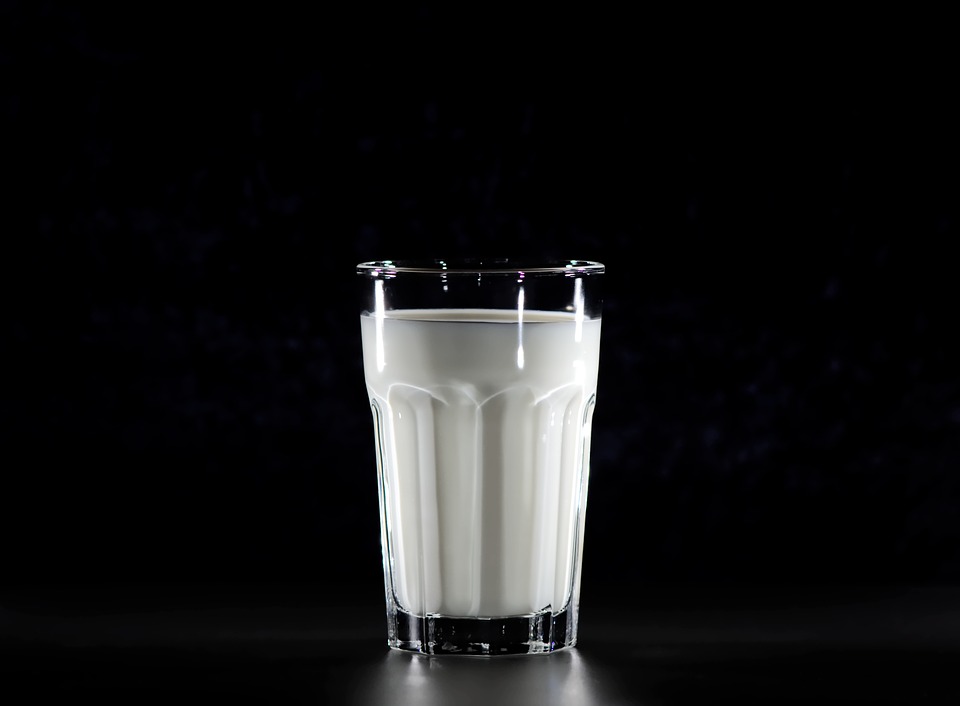How To Make Coffee More Gut-Friendly

Who does not enjoy to have a hot cup of coffee in the morning to boost the energy up? This beverage is enjoyed worldwide and has a lot of legitimate health benefits. It has been proved that coffee contains antioxidants which can reduce the risks of type 2 diabetes, Alzheimer’s disease and Parkinson’s disease. It can also help you to focus better which is why many people need their coffee in order to function properly in the morning.
However, being a coffee lover and having a delicate stomach can be a disappointing situation as it is hard to give up on this morning ritual.

What is the connection between coffee and gut irritation?
If you have a delicate stomach, coffee will not help to alleviate the symptoms as on the contrary, it will give you more heartburn, acid reflux, and abdominal pain. It is all because coffee contains natural acids which increase in value while being roasted and brewed. Too much acid in your stomach can become a problem especially if it leaks into your esophagus.
Coffee can also trigger diarrhea. For people who suffer from irritable bowel syndrome, Crohn’s disease or ulcerative colitis, avoiding coffee is the best option as it can trigger flare-ups and unpleasant symptoms such as cramping and diarrhea.

How to make it more gut-friendly?
The real question is: Do you really need to avoid coffee if it’s causing digestive discomfort? Well, it always depends on your particular situation. While avoiding coffee is highly recommended if you have GI conditions. But if you are a generally healthy person, there are many ways which you can adapt to make your morning coffee more gut-friendly.
Below are some tips that might help you enjoy your favorite drink without causing any side-effects :

1. Add hydrolyzed collagen
Hydrolyzed collagen contains amino acids such as glutamine or glycine which is very beneficial for the immune system and it also helps to repair the gut lining which also aids in detoxification. This powder can be dissolved in hot or cold fluids. You can use one tablespoon of it for 8 ounces of coffee. But be careful as if you have digestive issues, collagen may not relieve them. If on the other hand, you can handle your coffee, these healing nutrients will be highly beneficial.

2. Look for low-acid options
Since coffee beans contain a lot of natural acids, you can choose coffee beans which are grown in lower altitudes such as Brazilian, Mexico, Peruvian, Venezuelan, Guatemalan, Sumatran and Indonesian. The mentioned are known to be low in acid. While shopping for coffee, always make sure that you pick the ones marked “low acid”.
N – methylpyridine is a compound which develops in coffee which is roasted for a longer time. This compound blocks the production of hydrochloric acid from stomach cells. Less acidic coffee is a better option to avoid heartburn and reflux.
A small tip is that you can lower the level of acidity if you brew your coffee in alkaline water.

3. Try half-decaf coffe
Unfortunately when your favorite beverage has many ingredients which cause digestive irritation as it increases stomach acid. Acid can be a problem for people with loose LES muscles. You can try half-decaf coffee to see if your stomach can tolerate it. Always keep in mind that decaf coffee still contains some traces of caffeine. Using dark roast coffee is more effective than lighter ones. If you still experience symptoms even with decaf coffee, don’t go overboard.

4. Skip the sugar and artificial sweeteners
Sugar is known to feed the bad gut microbes. Sugar alcohols such as xylitol, erythritol, mannitol, and others cannot be digested and are fermented by gut bacteria which in their turn produces gases which end up into bloating, cramping, diarrhea and stomach pain. Artificial sweeteners can also contribute to yeast overgrowth.
It is very important that you start training yourself into enjoying your coffee without sugar. It is more recommended for people who drink multiple cups of coffee throughout the day. Take the decision to cut back on sweetened coffee as well.

5. Use dairy alternatives
Sometimes, you might notice that the coffee is not a problem, but it is the dairy which is the culprit. If you suspect that you are lactose intolerant, you might want to switch to lactose-free or plant-based milk. However, if you suffer from a dairy allergy, it would be wise to just avoid it all and try other dairy alternatives like coconut, almond, cashew, hemp, flax or rice milk. Soy is not recommended unless you don’t experience any symptoms with it. But be careful as the alternatives may contain gums which can be fermented by your gut bacteria and cause stomach pain, bloating, cramping, diarrhea or constipation in certain people.
It is very important to look through your symptoms appropriately in order to avoid further complications. If you are still not sure, it would be advisable to contact your doctor.



